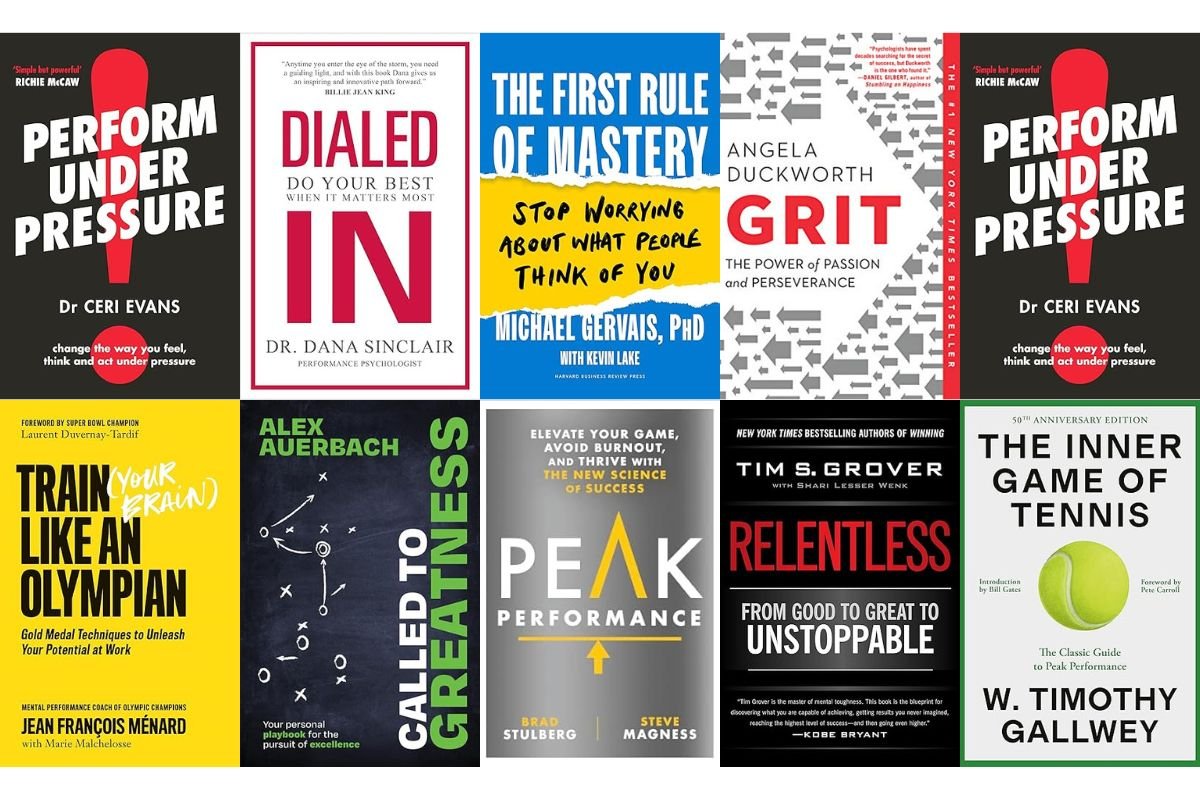The Positive Effects of Gratitude on Our Mental Health and Well-Being
“Gratitude unlocks the fullness of life. It turns what we have into enough, and more. It turns denial into acceptance, chaos to order, confusion to clarity. ”
- Melody beattie
Enduring stress (you know...the kind that the whole global population is living right now with COVID-19) makes us want to act fast when what we actually need is to act slow - to stop, to think, and to broaden our perspective.
Mental health experts and behavioural scientists suggest that a gratitude practice could help us come out on the other side of this pandemic.
Gratitude has been referred to as the “gateway drug to awesomeness” and a “secret pill” that significantly alters human perceptions of stress (Sincero, 2013; Stein & Bartone, 2020). It can serve as an antidote to mental health issues and disorders because it turns on the positive emotion “switchboard” in our brains. Being thankful produces a chemical reaction in the body: when we are thankful, we decrease activity in our amygdala (the centre of our brain that sounds off when we are in distress) and increases dopamine levels in our brain (the happy hormone that helps us feel joyful and content).
being grateful has multiple positive effects on our mental health and well-being
Taking moments to reflect on what we are grateful for relieves the mind from worry. Quantum physics experts, such as Dr. Joe Dispenza, suggest that being thankful raises our vibrational frequency and puts us in a powerful mental and physical state to manifest more good things and experiences. Regardless if you’re a believer in the ‘manifest the reality you want’ school of thinking, there is no denying that appreciating all that we have has dozens of positive effects across our lives.
Scientific studies have cited numerous positive effects of gratitude including increased well-being, job satisfaction, stress management, healthy relationships, and our general state of mind. In a study of over 2,500 people, it was found that thankfulness negatively correlated with at least 9 mental health challenges including depression, generalized anxiety, phobias, and addictions to name a few (Kendler et al., 2003). The bottom line: there appears to be a connection between gratitude and well-being.
Putting it into practice:
So, what does it look like to be grateful?
Taking mental stock. On a high level taking stock of all of the things you’re thankful for, such as being thankful for our friends and family, having video platforms to connect like FaceTime and Zoom, online groceries, WFH perks (i.e., not having to commute), community initiatives, our individual health and our healthcare.
Noticing the small things. The real magic of gratitude comes from noticing the small things around us everyday like packages that come earlier than expected, enjoying a warm cup of coffee, feeling the sun against your face, that dopamine-surge from completing a meditation or workout, and having success with a new recipe.
A thankful bedtime routine. If you’re new to practicing gratitude, start with writing down 3 things a night you’re grateful for. Side bar: reflecting on what you’re grateful for before bedtime has positive effects on sleep.
Thank you notes and emails. Start today. Send someone a note who has supported you. You’ll make a difference in their day and the bonus is that you’ll make a difference in yours too.
This is good because…. this can be tough to get going, but start to write down all of the reasons why, for example, self-isolation right now is a good thing for you. Why is it good for your family? Have you made any positive changes? This will help you to find the good.
Resources
Check out the new positive psychology book titled: Hardiness: Making Stress Work for You to Achieve your Life Goals (2020) by Steve Stein and Paul Bartone. They have an excellent section on the science behind why being grateful helps us respond positively to stress.
Recap
Pandemics like what we are going through with COVID-19 can result in increased stress and susceptibility to mental health challenges. A daily gratitude practice may boost coping and build our adaptive, resilient mindset, which is what we need. Practicing gratitude doesn’t have to be time-consuming. Take a minute, be self-aware, and acknowledge what’s good in your life.
Wishing you health, nourishment, and much light in the days ahead.
References
Kendler, K. S., Liu, X. Q., Gardner, C. O., McCullough, M. E., Larson, D., & Prescott, C. A. (2003). Dimensions of religiosity and their relationship to lifetime psychiatric and substance use disorders. American Journal of Psychiatry, 160, 496–503.
Sincero, J. (2013). You Are A Badass How to Stop Doubting Your Greatness and Start Living an Awesome Life. Philadelphia, PA: Running Press.
Stein, S.J., Bartone, P.T., 2020. Hardiness: Making Stress Work for you to Achieve your Life Goals. Wiley, Hoboken, New Jersey.








Career Coaching vs. Career Counselling: What’s the Difference, and Which One Do You Need?
If you’ve been searching for career coaching, you’re probably thinking about change.
Maybe you're asking yourself:
“Am I even on the right path?”
“Why doesn’t this job feel like a good fit anymore?”
“Shouldn’t I be further ahead by now?”